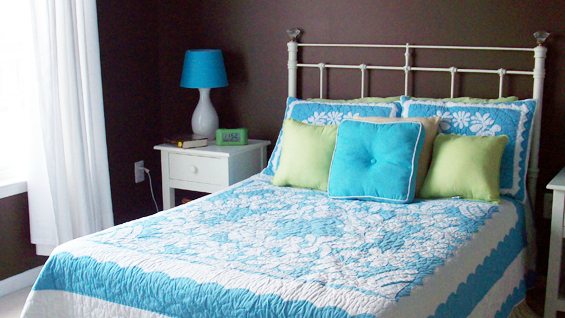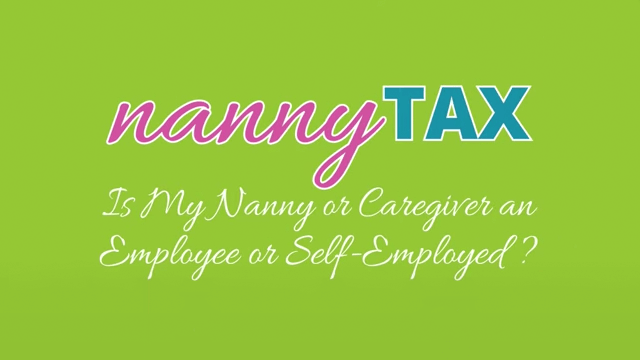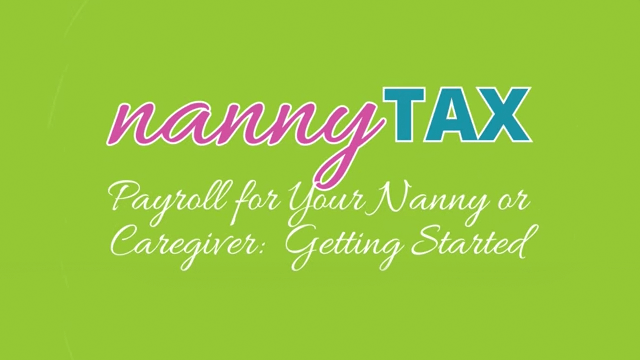
6 Helpful Tips for Moving an Elder into Your Home
Making the decision to move in an aging parent or adult loved one will be a huge adjustment for everyone in the family. The adult moving into the home may be losing some of their independence, and you may suddenly find yourself changing roles from adult child to family caregiver. While no two families or situations are the same, there are some steps that can be taken to help smooth the transition.

Give Your Elder Their Space
Your home has common areas, such as the living room and kitchen, and personal areas, mainly bedrooms. Just as you like to get away from it all at the end of the night and retire to your room, your elder will need a space they can get away to. Having this space can be the difference between them feeling comfortable and at home in your house, versus feeling like a long-term guest.
Make sure everyone in the family is aware that this space now belongs to grandma, grandpa, or whoever the person may be. Have a talk with the kiddos about respecting personal space. Practice knocking and asking permission to go in grandma’s room.
Bring In Some of Their Belongings
While you may need to donate, give away, or store many of your elder’s belongings, be sure to bring some of their favorite items from their home into yours. Decorate their room with their cherished photos, keepsakes, or heirlooms. Ask for their input on which items they wish to bring, and which they can part with or put in storage. Keep in mind that this could be very stressful for them, and extra patience may be needed on your part.
If your elder shows signs of hoarding and letting go of items is emotionally overwhelming, you may need to reach out for professional help. Remember that the goal is to smooth this transition, and not to increase stress. Diogenes Syndrome is the term used for people over the age of 60 who have hoarding tendencies, and experts say that a whopping 50% of people with this disorder suffer from dementia. A professional can guide you through this process and make sure that neither you, nor your elder, is overstressed in the process.
Set Some Ground Rules
Setting some basic rules is especially important if you are part of the “Sandwich Generation” and still have little ones running around. Everyone in the house should know which hours are “quiet hours”, who is responsible for which chores, and how things like family dinners will be handled. Will the family eat together nightly at a certain time? Will your elder have any responsibilities? This is also a great time to go over chores that your older kids could start helping with.
Make Your Home As Safe As Possible
Parents of toddlers install electrical plug covers and childproof devices on doors, drawers, and toilets. Those moving an elder into the home should inspect the home just as they did when they childproofed for objects and areas where a senior could slip, trip, and fall or get hurt. Get rid of any slippery rugs, install non-slip shower grippers in the tub, and grab bars where needed. Get rid of any clutter and make sure all hallways, walkways, and pathways are clear.
Explain How Things Work
If your home is baby proofed, your baby may not be the only one who can’t get the silverware drawer open. Show your elder how to work the baby proof objects in your house, and make sure that they can open the drawers, cabinets, or the toilet lid on their own. Some tasks that you may never think about, like using the remote to change the channel, may be confusing for them. Leave simple instructions around things like the remote or the coffee maker, as your elder may decide to do without rather than ask for help.
Decide If You Can Do It On Your Own
Does your senior need help with daily tasks like bathing and getting dressed? Will you be home to make sure they eat and take their meds? Can you manage the physical side of lifting your senior? Does your senior need specialized care that only someone with professional training can administer?
Many people, especially those who work outside of the home, decide that they need the help of a caregiver once mom or dad moves in. This takes some of the stress off you, and can allow you to still have time for your kiddos and other responsibilities. See our article 4 Reasons People Hire Eldercare Caregivers for Loved Ones for more information on some of the reasons people hire a caregiver.
Do you have a great tip that will help others who are going through the transition of moving in a loved one or elder? Did any of these tips help your family? Leave a comment and let us hear you. We LOVE comments!
Photo credit: jade from morguefile.com










